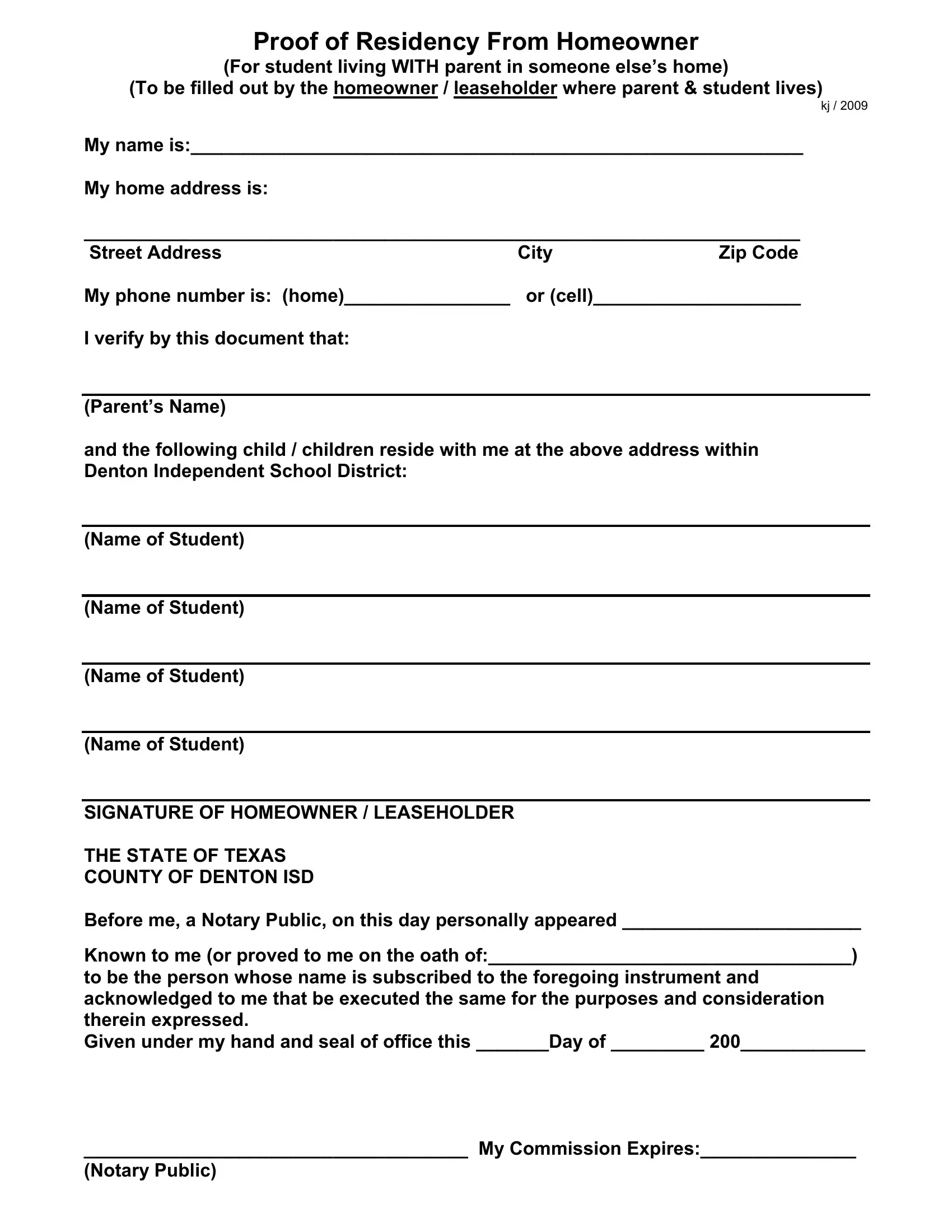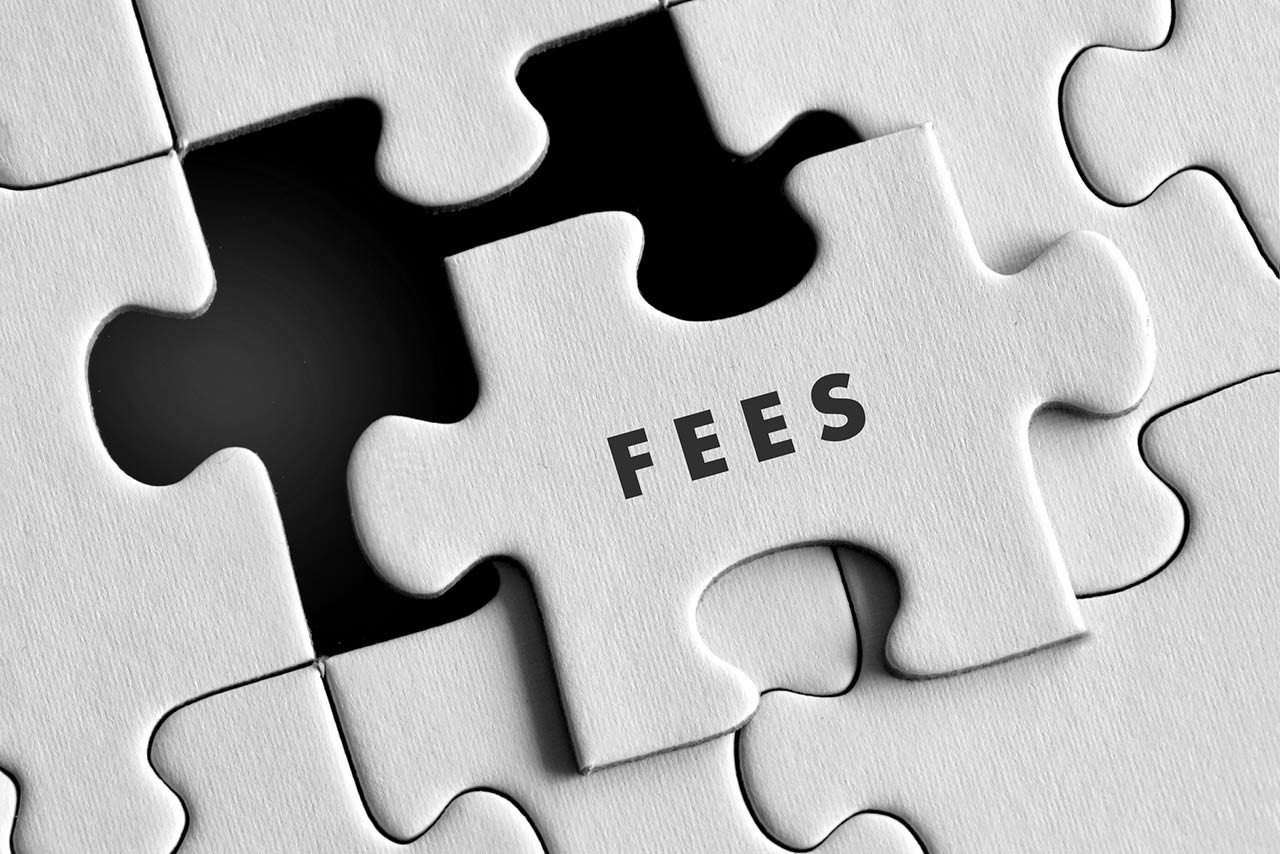7 Must-Know Documents for Homeownership

Embarking on the journey of homeownership is a significant milestone in one's life, fraught with excitement, anticipation, and a fair amount of paperwork. Navigating through the myriad of documents required can be daunting for first-time buyers. However, understanding these key legal papers can save you from future headaches and ensure a smooth transition into homeownership. This guide explores the seven essential documents you need to be familiar with when buying a home.
The Purchase Agreement


The purchase agreement or sales contract is the cornerstone document of any real estate transaction. It's a legally binding contract that outlines the terms of the sale including:
- The names of the buyer and seller
- Property details and its legal description
- Purchase price and deposit amount
- Contingencies like home inspection, mortgage approval, or sale of the buyer's current home
- Closing date and conditions
- What is included in the sale (appliances, fixtures, etc.)
🏠 Note: Always have a real estate attorney review the purchase agreement before signing to ensure your interests are protected.
Deed

The deed is the legal document that transfers ownership of the property from the seller to the buyer. It includes:
- The grantor (seller) and grantee (buyer) information
- Property description
- Consideration (purchase price)
- Legal boundaries
- Signature of the seller
Property Survey


A property survey determines the exact boundaries of the land and any structures on it. Here’s what it entails:
- Property lines
- Encroachments by neighbors or you onto their land
- Easements
- Topography and flood zones
🌍 Note: A survey can prevent future disputes with neighbors regarding property boundaries.
Home Inspection Report

The home inspection report provides an in-depth look at the condition of the home, noting any:
- Structural defects
- Roof and foundation issues
- Electrical and plumbing concerns
- HVAC (Heating, Ventilation, and Air Conditioning) performance
It's a critical tool for negotiating repairs or price adjustments based on the findings.
Title Report and Insurance

| Title Report | Title Insurance |
|---|---|
| Provides a comprehensive search into the property’s history to identify: | Protects the buyer from: |
| - Liens, mortgages, or other claims | - Existing loans |
| - Outstanding taxes | - Liens or encumbrances |
| - Easements or encroachments | - Ownership disputes |
| - Chain of ownership | - Undisclosed heirs |

Mortgage Documents

If you’re financing your home purchase, you’ll need to review and sign multiple documents related to your mortgage:
- Loan Estimate - Provides you with an estimate of costs and loan terms.
- Mortgage Note - Your promise to repay the loan.
- Deed of Trust or Mortgage - Gives the lender the right to take possession of your property if you default on the loan.
- Closing Disclosure - Itemizes final closing costs and the terms of your loan.
Homeowners Association (HOA) Documents

If the property is part of a community with a homeowners association:
- HOA Covenants, Conditions, and Restrictions (CC&Rs)
- Bylaws - Governing rules of the association
- Association Fees and Budgets
These documents outline what you can and cannot do with your property, maintenance responsibilities, fees, and penalties for violations.
🏢 Note: HOA documents can significantly impact your living experience, so read them thoroughly before deciding to buy.
As we conclude this comprehensive guide, it's important to recognize that the homebuying process is not just about signing papers. It's about understanding the legal and financial obligations you're entering into. Each document serves a unique purpose, from ensuring you get clear title to the property to establishing the terms of your mortgage. Remember to engage professionals like real estate attorneys, surveyors, and home inspectors to ensure every aspect of your purchase is in order. This diligence will set the foundation for a secure and enjoyable homeownership experience.
Why do I need a property survey?

+
A property survey establishes the exact boundaries of the land, preventing disputes with neighbors over property lines, easements, or potential encroachments. It also ensures that you’re aware of any zoning or land-use restrictions.
What should I do if I find issues during the home inspection?

+
If the home inspection reveals significant issues, you can either negotiate repairs with the seller, request a price reduction, or, in some cases, cancel the contract. The key is to understand which problems are deal-breakers for you.
Can I skip title insurance to save money?

+
It’s not advisable to skip title insurance. It protects you from future claims or disputes over the property’s title, which can be costly and time-consuming. This insurance typically covers the cost of defending your ownership rights in legal battles.